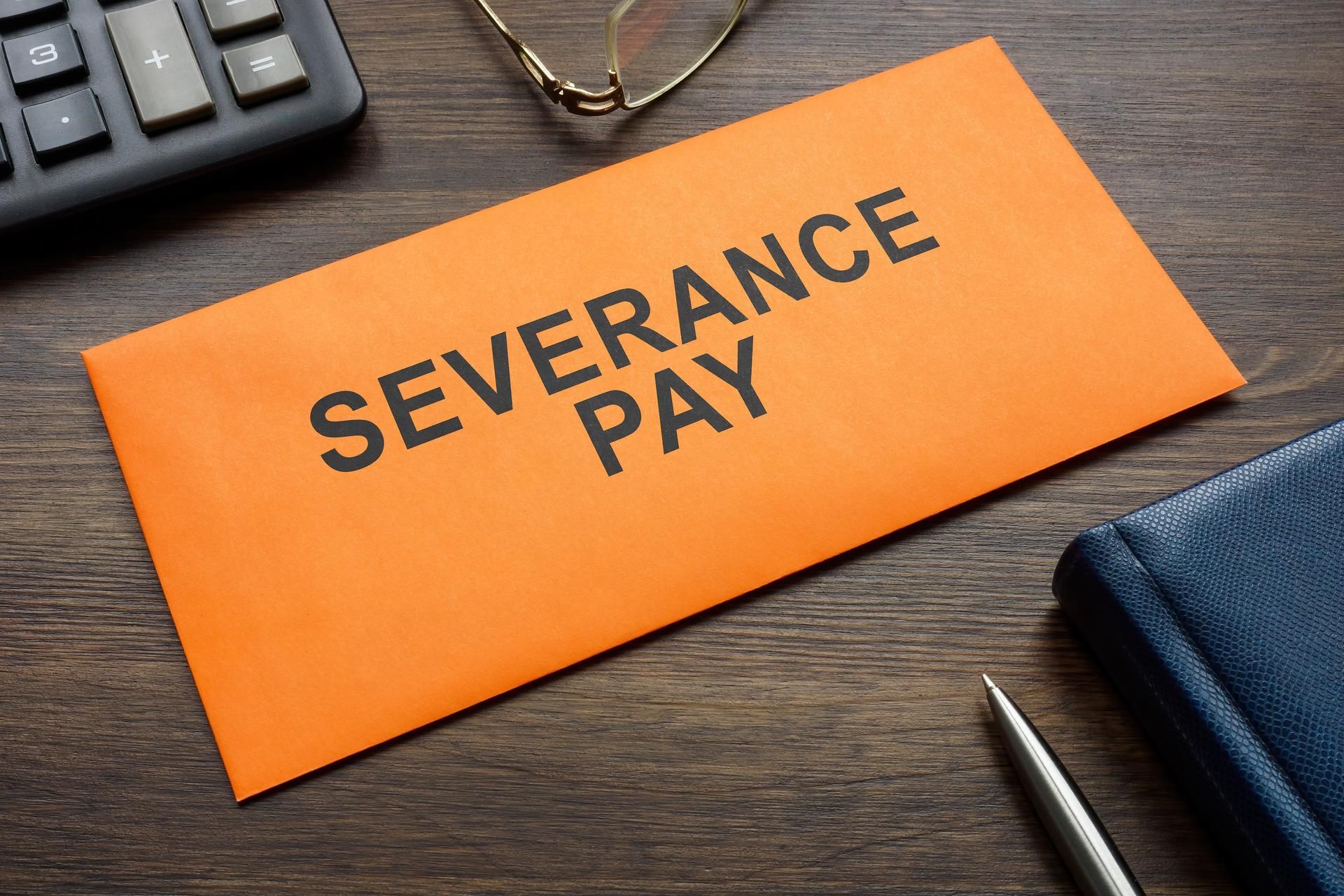You've probably had to stay after your usual work hours to wrap up a project or take care of a last-minute request. On the other hand, maybe you've gotten in trouble with a supervisor for working too many hours and costing your company overtime pay.
You may have wondered if what they're asking you to do, or not to do, is legal, and you want to know what federal overtime regulations look like and if you’re receiving fair treatment.
Overtime Payment
As an employee, the Fair Labor Standards Act ensures that you will receive overtime pay after 40 work hours within one workweek. Federally, that assures you get one and a half times your usual rate for any time past that limit. In states that have additional overtime laws, your employer is bound to whichever standard is higher, which means you should get no less than federal overtime pay. Please note that Alabama has no laws governing minimum wage or overtime wage payments.
Overtime Exceptions (also known as Overtime Exemptions)
A few jobs have federal exemptions to the overtime requirements because the nature of the job doesn't meet standard guidelines. Certain professions have specialized overtime payment systems. Among these are:
- police officers
- firefighters
- hospital staff
- nursing home staff
Additionally, large groups of employees are exempt from federal and state wage and hour laws, which means that you may have to continue searching for the legal grounds for your dispute if you think you are not receiving fair pay. Generally among these exceptions are:
- administrative employees
- executive employees
- public sector employees
- independent contractors
- seasonal amusement or recreational workers
- workers covered by collective bargaining agreements
- farmworkers
Each state may have its own list of exemptions and salary thresholds that will allow them to make arrangements without worrying about the federal requirements. However, in Alabama, there are no specific exemptions made part of the Alabama Code. If your job falls into one of these categories, you'll likely have to find other legal avenues to pursue to get your fair wages for the overtime you've worked.
Overtime Penalties
If your employer doesn't give you the overtime pay for the time you work, and your job doesn't fall under any of the exemptions in your state, you would be wise to pursue compensation for that time. Depending on the state, the penalties your employer could undergo could vary from changes in employment practices to reduce unlawful overtime, to paying back double the wages you lost.
Enforcement of the federal standards on individual employers can be a time-consuming and tedious process. However, if you have representation willing to fight through it with you, it can be well worth your time. Make your decision quickly, though; if the statute of limitations, different in every state, runs out before you file, you won't be able to get the overtime pay that you deserve. The federal statute of limitations is two years prior to the date the lawsuit is filed. So do not delay in contacting an attorney.
How do I pay an attorney? The legal fees will cost more than the unpaid wages.
Good news! Congress understood that the majority of employees do not have the financial resources to afford a long expensive legal battle. If you pursue a case, your attorney earns his fee through the fee-shifting provision of the Fair Labor Standards Act – meaning if you win your case, the employer must pay your attorneys’ earned fees.
If you think you have grounds for a legal dispute with your employer, don't hesitate. Call
Allen D. Arnold Attorney at Law , a lawyer whose practice focuses on providing aggressive employee representation, including wage & hour disputes. Allen D. Arnold has represented thousands of employees in approximately 200+ overtime lawsuits.
Get in touch today to have the peace of mind that comes from working with an experienced attorney, knowing that you have someone on your side with experience and care for your best interests.
Alabama Rules of Professional Conduct Notice: No Representation is made that the quality of legal services offered is greater than that of other lawyers. The information contained on this website is not a substitute for legal advice, and reading it does not create an attorney-client relationship.










